Many unprecedented policies give real priority to education
"Our Party and State always identify education and training as the top national policy, the path to create the strength, future and destiny of the nation, the cause of the Party, the State and the entire people," Vice Chairwoman of the National Assembly Nguyen Thi Thanh emphasized in her opening speech at the National Assembly's discussion session on the draft Law amending and supplementing a number of articles of the Law on Education, the draft Law on Higher Education (amended), the draft Law on Vocational Education (amended) and the draft Resolution of the National Assembly on specific mechanisms and policies to implement Resolution No. 71-NQ/TW dated August 22, 2025 of the Politburo on breakthroughs in education and training development.
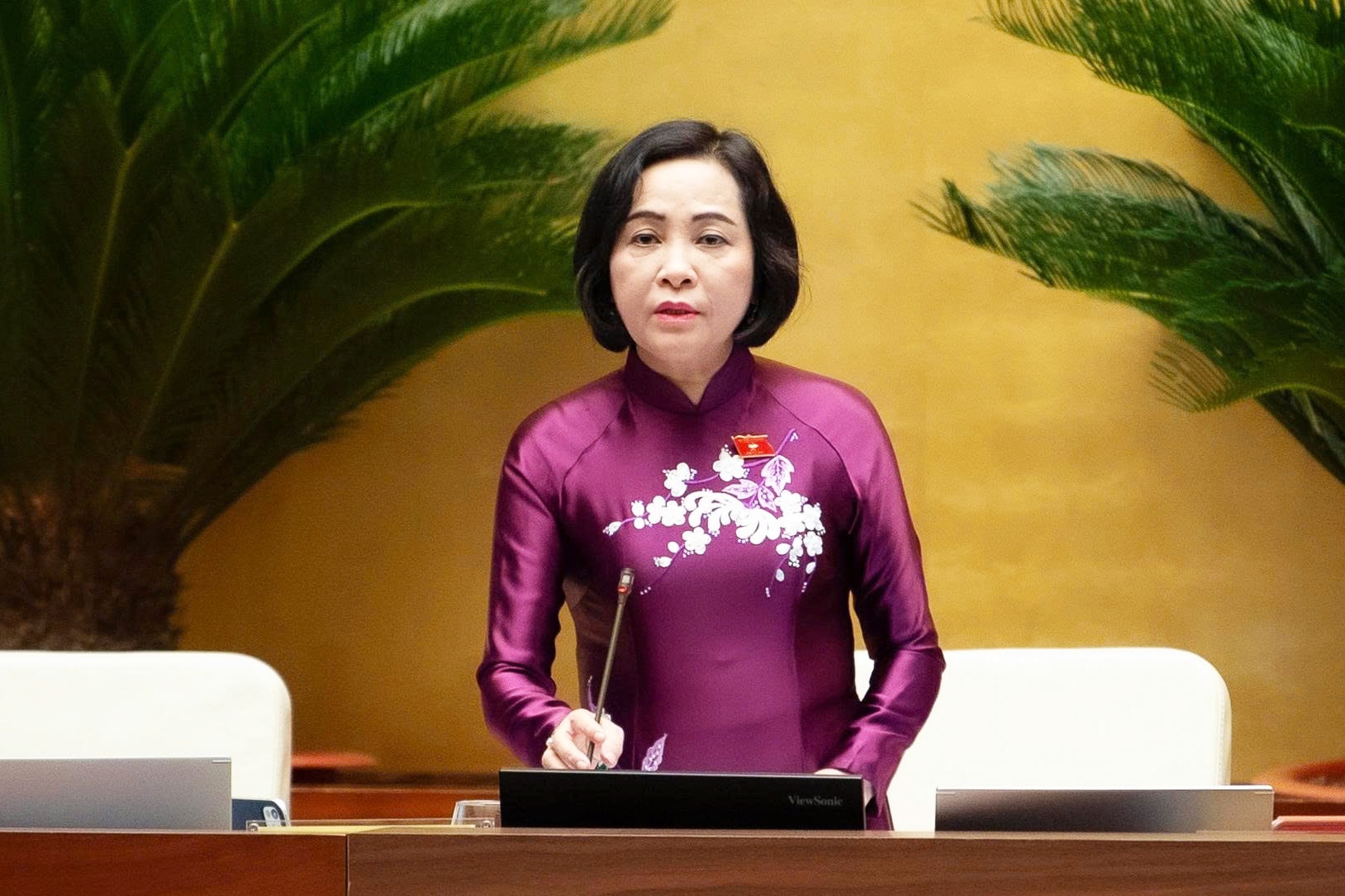
Thoroughly grasping the Central Committee's direction, the Vice Chairman of the National Assembly stated that the National Assembly has been promptly institutionalizing the Party's major policies. At this 10th Session, the National Assembly continues to discuss, consider and approve 3 draft laws on education and training; specific mechanisms and policies to create breakthroughs; and at the same time consider the investment policy for the National Target Program on modernization and improvement of education and training quality for the 2026-2035 period.
“These are important steps to concretize Resolution No. 71-NQ/TW, creating a legal corridor and superior mechanism for education to develop strongly to realize the vision by 2045: building a modern, equitable and high-quality national education system, among the top 20 countries; striving to have at least 5 Vietnamese higher education institutions among the top 100 universities in the world in a number of fields according to prestigious international rankings,” the Vice Chairman of the National Assembly emphasized.
National Assembly Deputy Ha Anh Phuong (Phu Tho) acknowledged and expressed gratitude when the National Assembly chose November 20 - Vietnam Teachers' Day - to discuss extremely important contents related to the future of the education sector and national human resources.
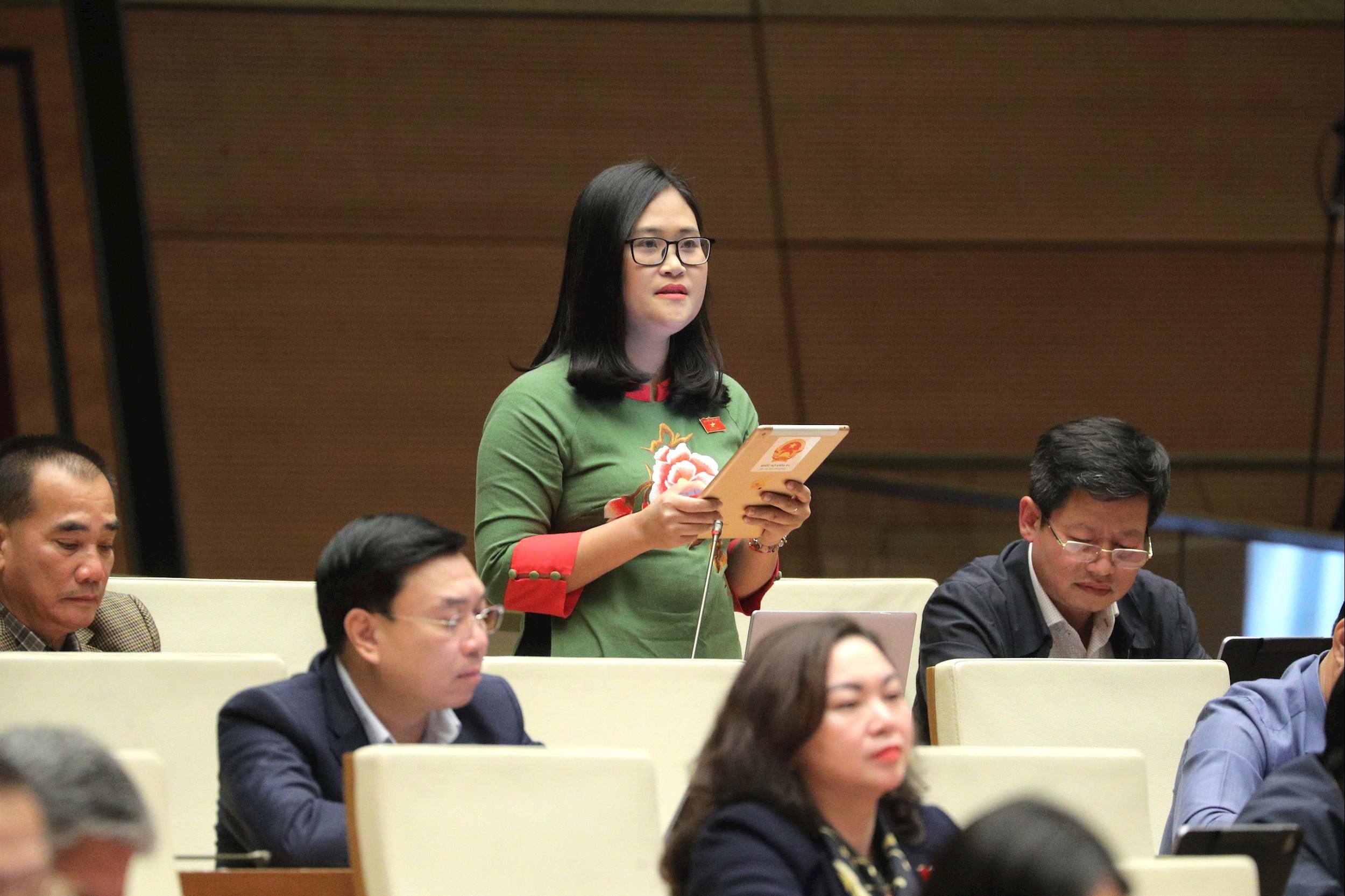
According to delegate Ha Anh Phuong, in just a short time, we have witnessed many changes and positive policies related to the country's education, demonstrating the special attention of the Party and State to the education sector such as: tuition exemption, reduction and support policies; Law on Teachers; policy of free textbooks for students nationwide, free lunch in some localities and recently the decision to invest in building inter-level boarding schools for ethnic minorities in border areas. Along with that is the increasingly clear attention to the issue of teachers' salaries and incomes and many other positive policies...
"These are very valuable steps, many of which have never been seen before, demonstrating real priority for education," said delegate Ha Anh Phuong.
There needs to be a separate policy to build a learning society.
National Assembly deputies emphasized that in the current context of innovation and deep integration, education plays a decisive role in creating high-quality human resources to meet the requirements of rapid and sustainable development of the country.
On the other hand, the trend of developing a knowledge-based economy and the Industrial Revolution 4.0 requires a highly qualified workforce, proficient digital skills, the ability to learn throughout life and adapt quickly to changes.
According to National Assembly Delegate Nguyen Thi Hue (Thai Nguyen), without strong enough mechanisms and policies, education will hardly be able to create human resources to meet the above requirements.
In addition, delegates also said that regional disparities, differences in access to learning conditions and resources between localities also require specific policies that are appropriate to the conditions of each region. Furthermore, education is a field that requires long-term and continuous investment. Therefore, there needs to be superior regulations and mechanisms to mobilize social resources, encourage creativity and give more autonomy to educational institutions and learners.
One of the guiding viewpoints in Resolution No. 71-NQ/TW of the Politburo is "Promoting the nation's tradition of studiousness, building a learning society, strongly arousing emulation movements among the people and in the whole society on learning, self-learning, continuous learning, lifelong learning for the cause of rapid and sustainable development of the country, for the future of the nation".
Raising the above issue, delegate Nguyen Thi Hue noticed that the draft Resolution of the National Assembly has not mentioned a separate policy for building a learning society, encouraging self-study and lifelong learning. Delegate Nguyen Thi Hue suggested that there should be a clear policy, considering the building of a learning society and lifelong learning of the people as a driving force for development and towards a happy nation.
According to delegate Nguyen Thi Hue, this helps bring education closer to people, especially in rural, mountainous areas and vulnerable groups. Experience from many countries around the world has proven that financial support is one of the most effective tools to promote lifelong learning and build a comprehensive learning society, motivating each citizen to proactively improve themselves.
“When learners are empowered with autonomy and appropriate financial resources, they will be more proactive in updating their knowledge, changing careers and adapting to changes in the labor market. On the other hand, financial support is only truly effective when linked to a quality assessment mechanism, transparent digital platform training and close coordination between the State, enterprises and educational institutions. These are important lessons that can be used as reference to design policies to promote a learning society and lifelong learning in line with the new development context,” delegate Nguyen Thi Hue emphasized.
National Assembly Deputy Trieu Thi Ngoc Diem (Can Tho) recognized that there are still a number of important and urgent tasks and solutions that need to be included in the draft Resolution to be concretized and have an urgent implementation roadmap, such as: adding specific tasks and solutions to promote decentralization and delegation of power associated with resource allocation, enhancing autonomy and self-responsibility of educational institutions associated with effective inspection and supervision, reducing the number of management agencies for educational institutions, ensuring the principle of linking professional management responsibilities with human resource and financial management.
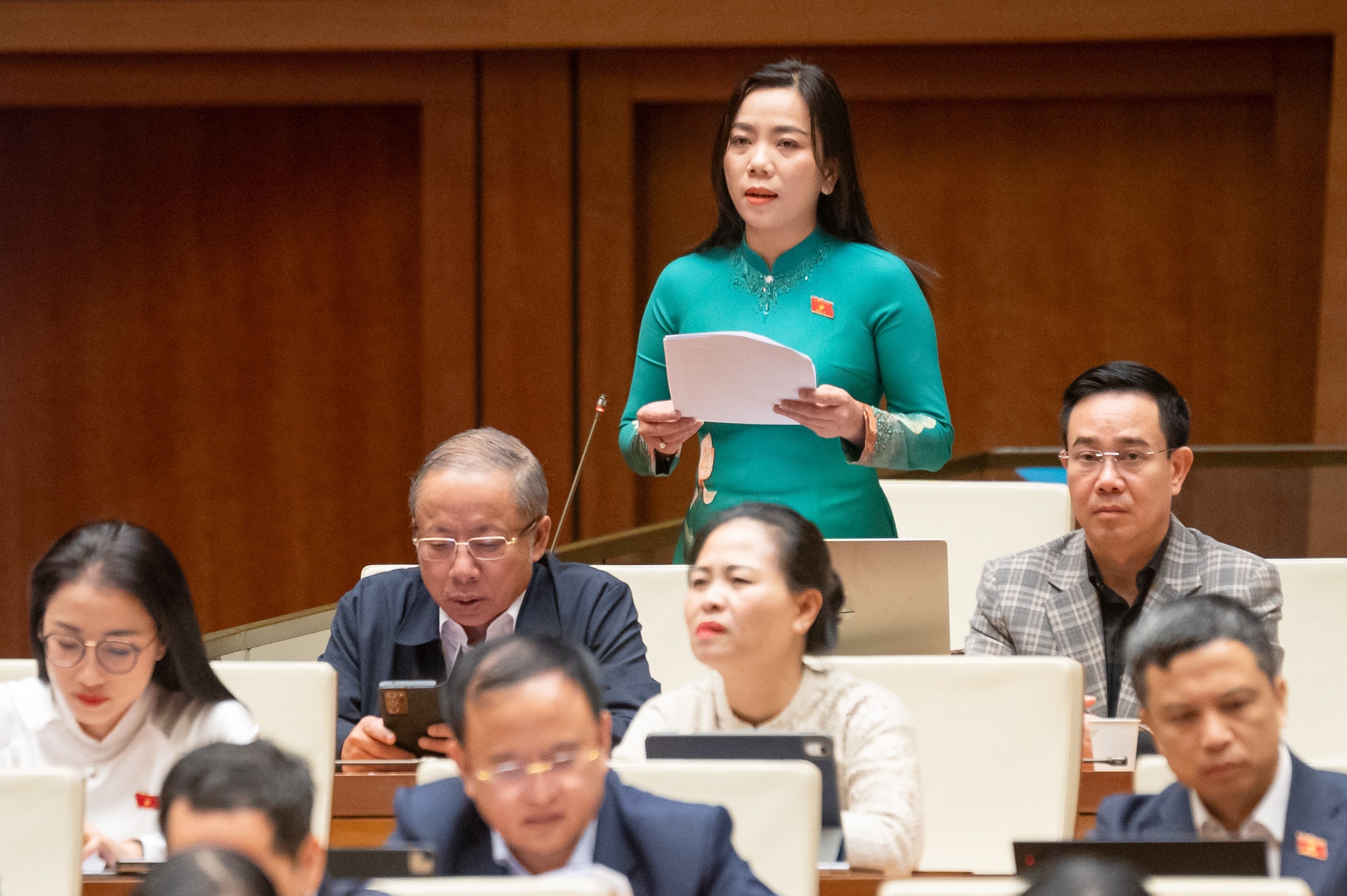
Along with that is to strengthen the training and development of education management staff in accordance with the 2-level local government model. Supplement specific policies to build the Vietnamese human values system, educate morality, intelligence, physical fitness, aesthetics, core values; especially building school culture; control the negative impact of media and social networks on education; prevent, repel, and eventually end school violence and school drugs.
Delegates also suggested the need to develop specific and outstanding policies to effectively manage quality, inspect and control output of the entire system according to Resolution No. 71-NQ/TW, contributing to improving overall quality and enhancing the position of the education sector domestically and internationally.
Source: https://daibieunhandan.vn/xay-dung-he-thong-giao-duc-quoc-gia-hien-dai-cong-bang-chat-luong-10396486.html


![[Photo] President Luong Cuong receives President of the Senate of the Czech Republic Milos Vystrcil](/_next/image?url=https%3A%2F%2Fvphoto.vietnam.vn%2Fthumb%2F1200x675%2Fvietnam%2Fresource%2FIMAGE%2F2025%2F11%2F20%2F1763629737266_ndo_br_1-jpg.webp&w=3840&q=75)



![[Photo] Lam Dong: Panoramic view of Lien Khuong waterfall rolling like never before](/_next/image?url=https%3A%2F%2Fvphoto.vietnam.vn%2Fthumb%2F1200x675%2Fvietnam%2Fresource%2FIMAGE%2F2025%2F11%2F20%2F1763633331783_lk7-jpg.webp&w=3840&q=75)
![[Photo] National Assembly Chairman Tran Thanh Man holds talks with South Korean National Assembly Chairman Woo Won Shik](/_next/image?url=https%3A%2F%2Fvphoto.vietnam.vn%2Fthumb%2F1200x675%2Fvietnam%2Fresource%2FIMAGE%2F2025%2F11%2F20%2F1763629724919_hq-5175-jpg.webp&w=3840&q=75)


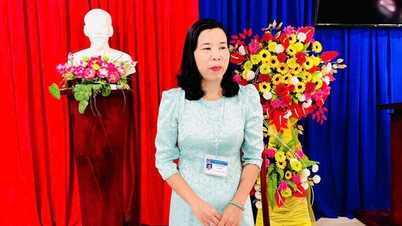

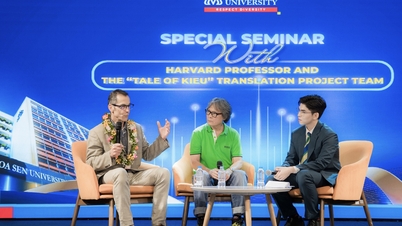
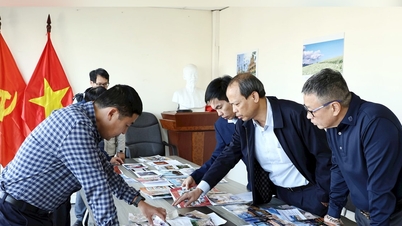
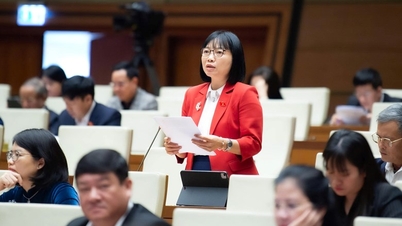



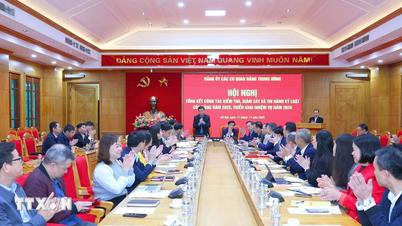

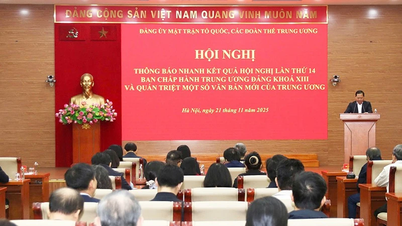

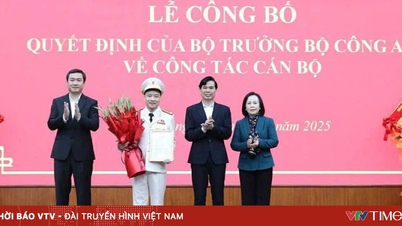

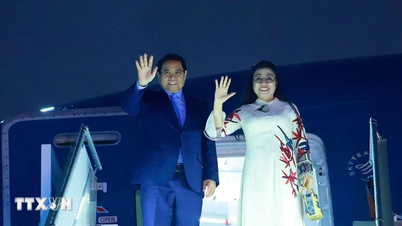






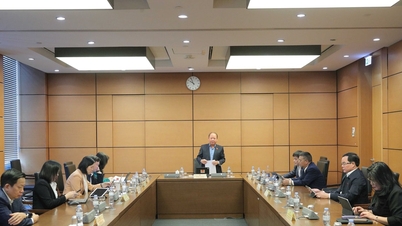















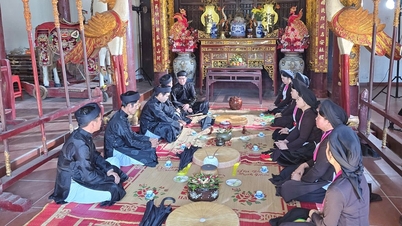





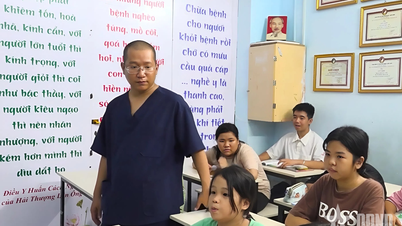

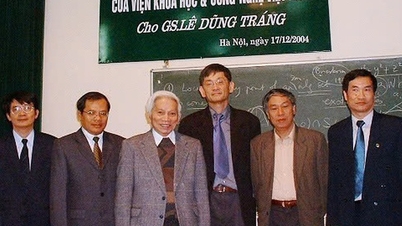
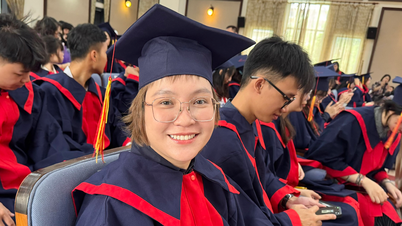

















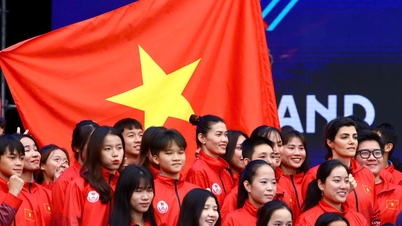






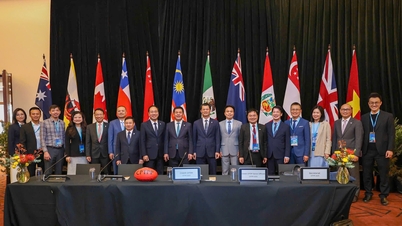
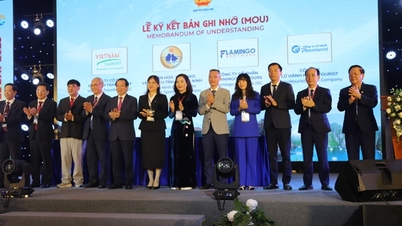

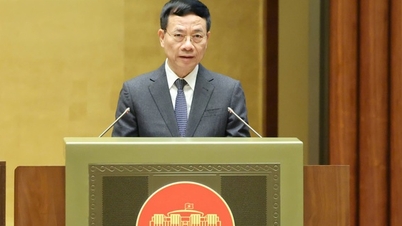



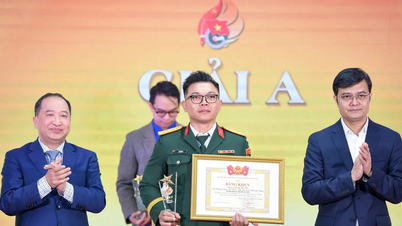

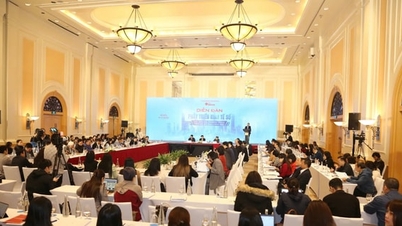


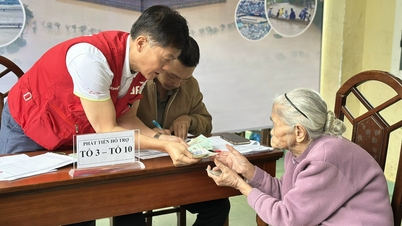

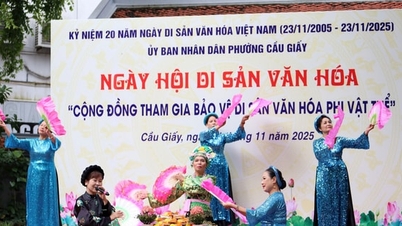
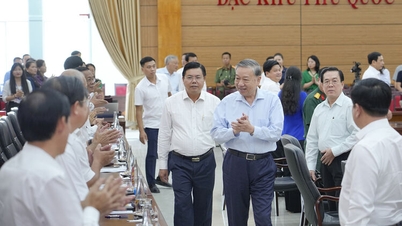













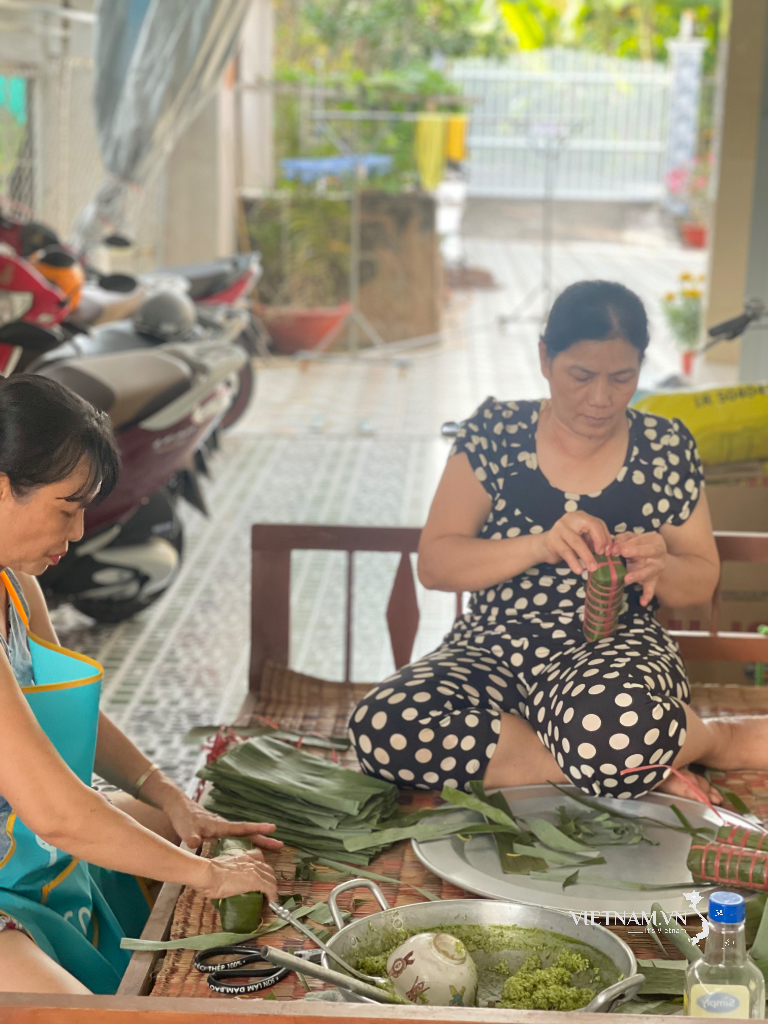
Comment (0)